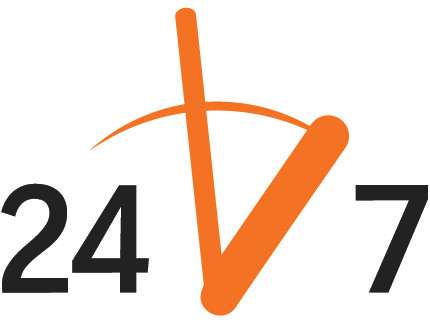People Change Online Behavior To Hide From NSA Snoops


It's not a majority of us us by any means, and it's certainly not enough, but a good many people and businesses are changing their online behavior in response to revelations about National Security Agency snooping. Some people are becoming more selective about what they post on social media sites (never a bad idea) — especially those that have been listed among the firms that readily surrender data to the NSA. Others are switching to providers based outside the US (and presumably less subject to American government pressure) adopting encryption technology, or using services that just don't store data.
From the Boston Globe/AP:
Christopher Shoup, a college student from Victorville, Calif., has been encouraging friends to converse on Cryptocat, a private messaging program that promises users they can chat ''without revealing messages to a third party.'' Shoup isn't worried that his own behavior could draw scrutiny, but said the mere idea that the government could retrieve his personal communications ''bothers me as an American.''
''I don't think I should have to worry,'' he said.
Cryptocat said it nearly doubled its number of users in two days after Snowden revealed himself as the source of leaks about the NSA's programs. Two search engine companies billed as alternatives to Google, Bing and Yahoo are also reporting significant surges in use.
DuckDuckGo and Ixquick both promise they don't collect data from users or filter results based on previous history. DuckDuckGo went from 1.8 million searches per day to more than 3 million per day the week after the NSA revelations came to light. Ixquick and sister site Startpage have gone from 2.8 million searches per day to more than 4 million.
Gabriel Weinberg, chief executive of DuckDuckGo, said the NSA programs reminded people to consider privacy but that government snooping may the least of an everyday computer user's concerns. DuckDuckGo's website warns of the pitfalls of Internet search engines, including third-party advertisements built around a user's searches or the potential for a hacker or rogue employee to gain access to personal information.
The article quotes an attorney opening a new tax planning firm. He's using a Canadian email provider and avoiding hosting sensitive documents in the cloud.
Ixquick, a smaller Dutch search engine known for not recording users' data, is unveiling encrypted email that even the company can't access.
Acknowledging that not everybody is up on the technical details of minimizing their exposure online, some savvy people are hosting cryptoparties "to show people how to operate online more privately."
Is it a revolution in the way people use the Internet? That's doubtful. But it is a move toward greater awareness of privacy risks — a move that seems to be spurring the development and distribution of privacy protecting policies, products and services that may help to create a new normal online.
Follow this story and more at Reason 24/7.
Spice up your blog or Website with Reason 24/7 news and Reason articles. You can get the widgets here. If you have a story that would be of interest to Reason's readers please let us know by emailing the 24/7 crew at 24_7@reason.com, or tweet us stories at @reason247.


Show Comments (20)